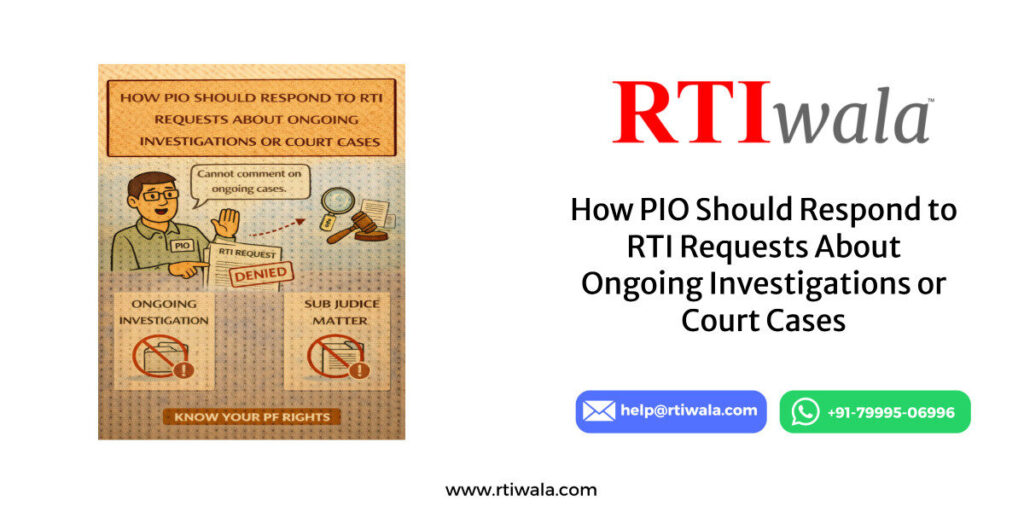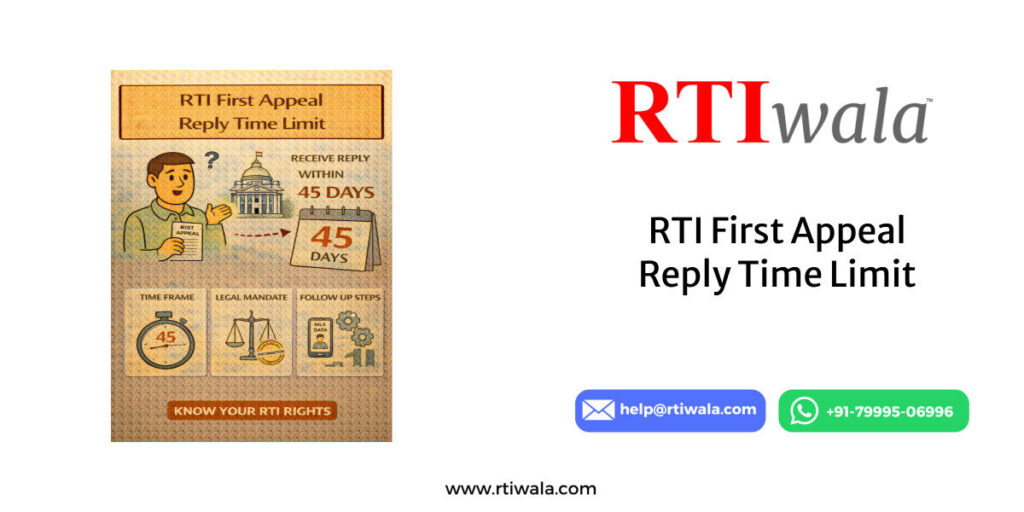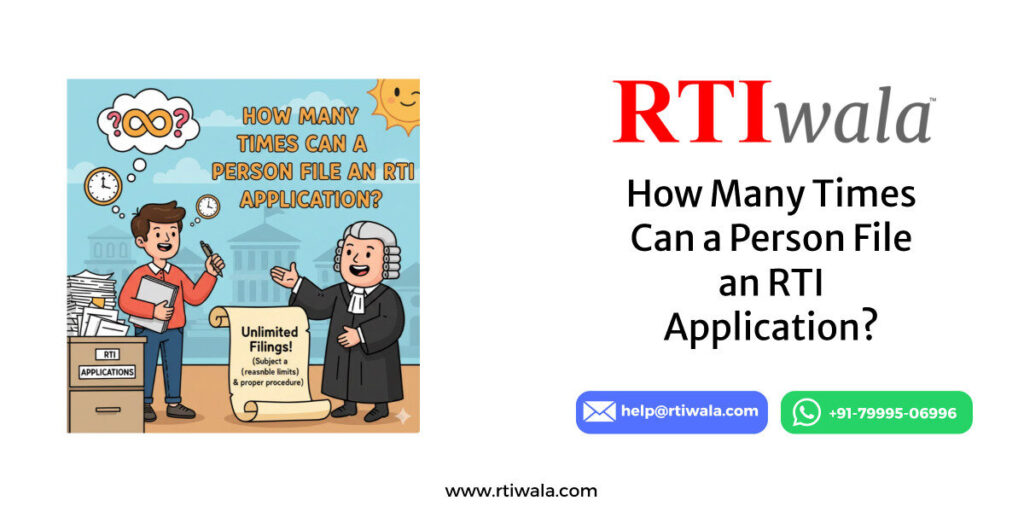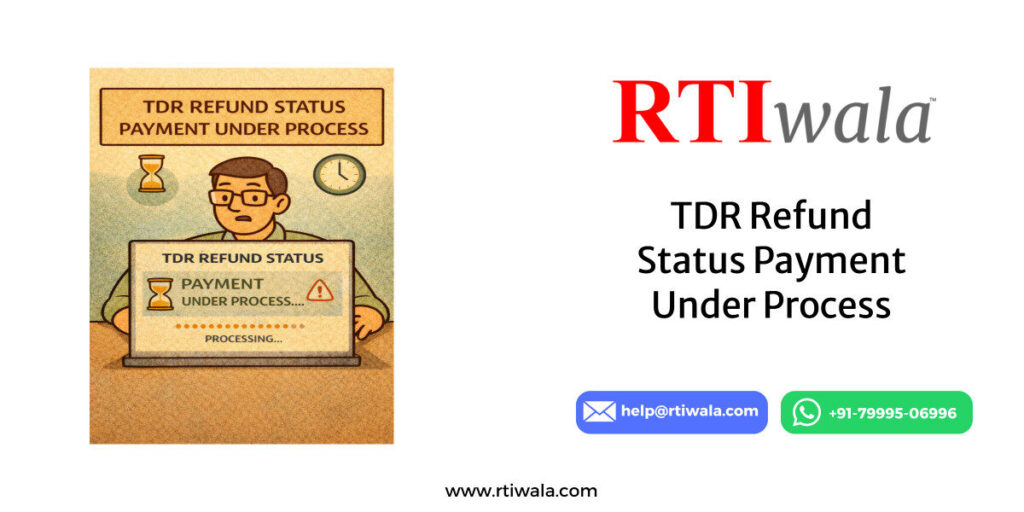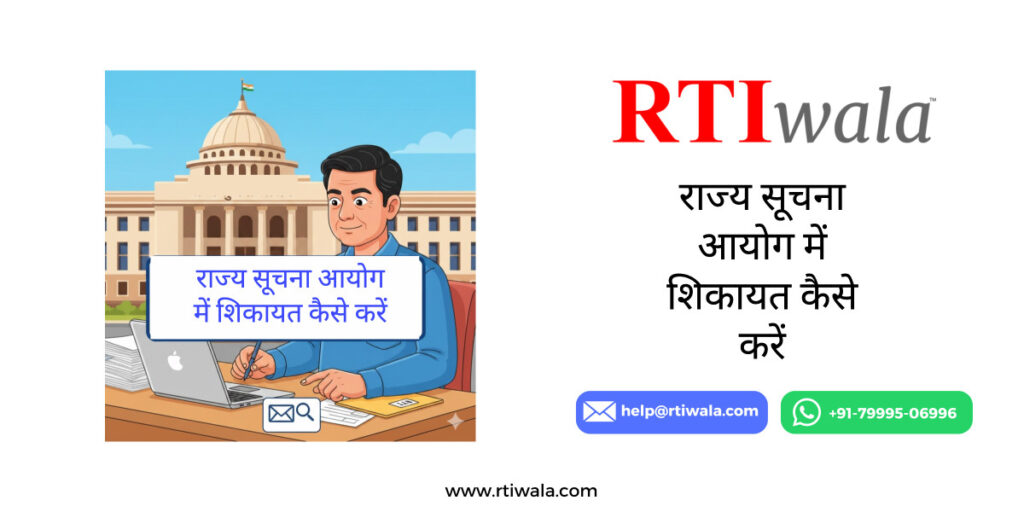HDFC Life Insurance Cyberattack
In a digital era where data security is critical, cyberattacks targeting major organizations continue to make headlines. One such alarming incident has come to light involving HDFC Life Insurance, a leading life insurance provider in India. Sensitive customer data was stolen, and the perpetrators issued extortion demands. This breach not only exposes the vulnerabilities within the financial sector but also emphasizes the urgent need for robust cybersecurity measures. Here’s a comprehensive guide addressing all common queries about the incident and how you can safeguard yourself.
What Happened in the HDFC Life Cyberattack?
Between November 19 and 21, 2024, HDFC Life Insurance became the target of a cyberattack. The attackers claimed to have stolen sensitive customer data, providing samples to substantiate their claims. The stolen information includes:
- Policy numbers
- Names
- Addresses
- Phone numbers
- Sensitive health details of policyholders
The cybercriminals communicated their demands via email and WhatsApp, using the ID bsdqwasdg@gmail.com. They threatened to release the stolen data publicly unless HDFC Life met their extortion demands within two days. Recognizing the gravity of the situation, HDFC Life promptly approached the South Region Cyber Police, and a case was filed under the Bharatiya Nyaya Sanhita and the Information Technology Act.
Impact of the Breach on Customers
The breach has significant implications for customers, including:
- Risk of Identity Theft: Stolen personal and policy details can be exploited for financial fraud.
- Loss of Privacy: Sensitive health details, if leaked, can compromise customer privacy.
- Customer Trust: Repeated breaches across industries make it harder for customers to trust institutions with their data.
Customers are understandably concerned about how their information might be used and whether sufficient measures are being implemented to prevent future incidents.
How Is HDFC Life Responding?
HDFC Life has launched a thorough internal investigation and partnered with cybersecurity experts to:
- Identify Vulnerabilities: Analyze system weaknesses that allowed the breach.
- Strengthen Defenses: Implement enhanced security protocols, such as advanced encryption and regular audits.
- Customer Assurance: Release statements to reassure policyholders and address their concerns.
While the investigation is ongoing, HDFC Life is urging customers to remain vigilant and report any suspicious activity linked to their accounts.
Why Are Cyberattacks Increasing in Financial Sectors?
The financial industry is a prime target for cybercriminals due to:
- Valuable Data: Insurers hold vast amounts of personal and financial data.
- Sophisticated Tactics: Cybercriminals employ advanced techniques to exploit system vulnerabilities.
- Inadequate Security: Despite improvements, gaps in security protocols persist.
Recent breaches, such as the one at Star Health and Allied Insurance, highlight an industry-wide challenge. The rising frequency of such incidents demands a collective effort to enhance cybersecurity.
What Can Customers Do to Protect Their Data?
While organizations bear the primary responsibility for securing customer data, individuals can take proactive measures to minimize risks:
- Monitor Accounts Regularly: Look out for unauthorized transactions or suspicious activity.
- Avoid Sharing Sensitive Information: Be cautious about sharing personal details, especially online.
- Enable Security Features: Use strong passwords and enable two-factor authentication wherever possible.
In case of suspected data compromise, customers can leverage tools like the Right to Information (RTI) Act to seek transparency and accountability.
How RTIwala Can Help You Address Data Security Concerns
For individuals affected by data breaches, RTIwala offers professional assistance in navigating complex legal and administrative processes to ensure transparency and accountability. Here’s how they can help:
- Expert RTI Drafting: Precisely frame queries to obtain clear responses from organizations.
- Anonymous RTI Services: Protect your identity while filing RTI applications.
- Cybersecurity Guidance: Receive advice on strengthening your personal data security.
- Follow-Ups: Ensure timely responses by managing appeals and follow-ups.
With their expertise, RTIwala ensures your concerns are addressed efficiently and professionally.
Contact RTIwala:
- Website: RTIwala.com
- Phone: +91-7999-50-6996
Common Questions About Data Breaches
Q: What should I do if my data has been compromised?
- Notify the concerned organization immediately.
- Monitor your accounts for suspicious activities.
- File an RTI to understand the extent of the breach.
Q: How can I ensure my data is secure in the future?
- Avoid sharing sensitive details unnecessarily.
- Regularly update passwords and use security tools like VPNs.
- Stay informed about your service provider’s data protection policies.
Q: Can I take legal action if my data is leaked?
- Yes, you can file a formal complaint with the Cyber Police.
- Use the RTI Act to demand accountability and transparency.













































